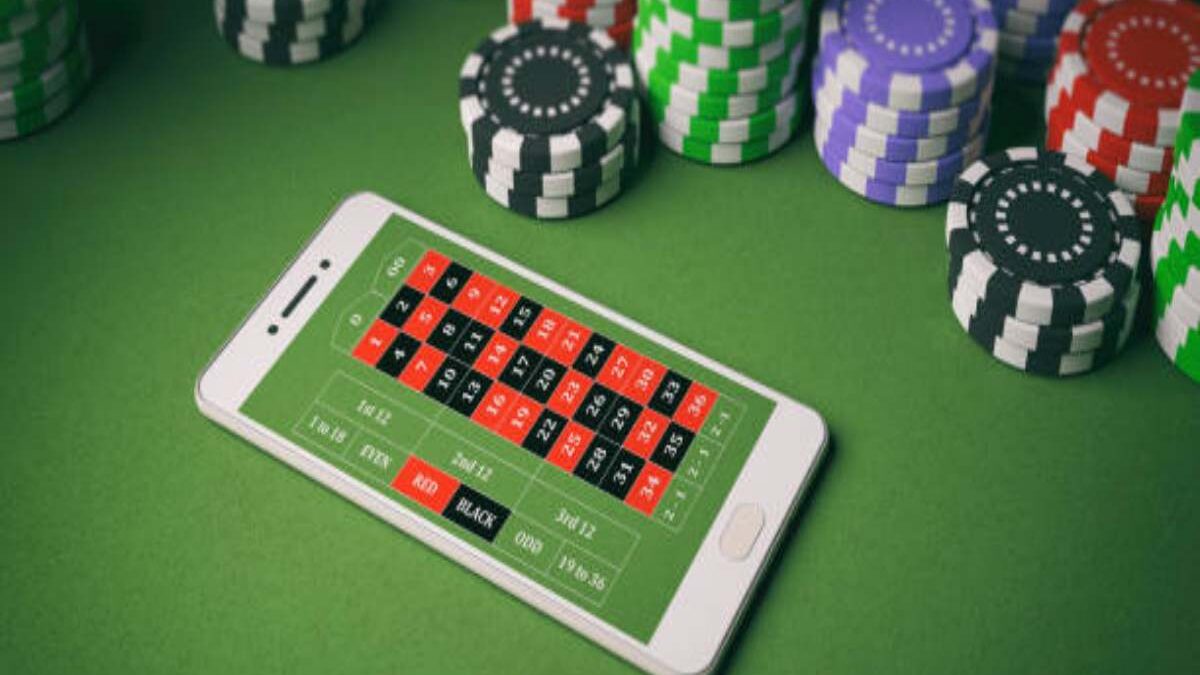Issue Endlessly gambling Issues Come in Differing Levels of Power and May Deteriorate
Issue gambling, otherwise called urgent gambling, is perceived as an illness or infection. In any case, not all individuals who have a that issue would be analyzed as being habitual players. Similarly as with any way of behaving, the degree or seriousness of the way of behaving decides the clinical arrangement.
Specialists utilize various scales to evaluate a gambling conduct and base the treatment as indicated by the appraisal. Most specialists use DSM-IV or the South Oaks Gambling Screen for determination.
Simply having habitual or neurotic gambling perceived as a treatable illness was a significant achievement for the specialists who treat those issues. For a long time gambling was viewed as a person defect or shortcoming, however not a genuine illness. Since it has been acknowledged that wild gambling is an illness that might be dealt with compelling techniques are arising.
One point that practically all clinicians settle on is that the most ideal way to really treat the issue is to promptly stop the gambling. A few clinical examinations have demonstrated that neuro transmitter lacks might be a reason for the issue and medication treatments are being tried while different types of social treatment, for example, support gatherings and directed intervention or spellbinding are likewise showing some achievement.
In the event that you are contemplating whether you or somebody you know has a gambling issue, here is an agenda
that is utilized by clinicians to survey for obsessive gambling …
“As characterized by the American Mental Affiliation, obsessive gambling is a drive control jumble that is a persistent and moderate psychological instability.
Obsessive gambling is currently characterized as tenacious and repetitive maladaptive conduct meeting something like five of the accompanying measures, as long as these ways of behaving are worse made sense of by a hyper episode:
1.Preoccupation. The subject has successive contemplations about gambling encounters, whether past, future, or dream.
2. Resistance. Similarly as with drug resilience, the subject requires bigger or more regular bets to encounter something similar “rush”.
3. Withdrawal. Anxiety or crabbiness related with endeavors to stop or lessen gambling.
4. Escape. The subject bets to further develop temperament or departure issues.
5. Pursuing. The subject attempts to win back gambling misfortunes with seriously gambling.
6. Lying. The subject attempts to conceal the degree of their gambling by misleading family, companions, or specialists.
7. Taking to take care of their gambling habit.
8. Loss of control. The individual has ineffectively endeavored to decrease gambling.
9. Unlawful demonstrations. The individual has violated the law to get gambling cash or recuperate gambling misfortunes. This might incorporate demonstrations of burglary, theft, misrepresentation, fabrication, or awful checks.
10. Gambled with critical relationship. The individual bets in spite of gambling or losing a relationship, work, or other huge open door.
11. Bailout. The individual goes to family, companions, or one more outsider for monetary help because of gambling. “
(from wikipedia at Impulsive Gambling Neurotic Gambling)
My own insight as a specialist has persuaded me to think that number 4. on the rundown barely
qualifies as a gambling issue or a sign of a gambling issue since the vast majority who
bet casually bet to get away and have a good time. Then again, the rundown is a decent
spot to begin on the off chance that you have concerns. Another idea is that you participate in a gathering of
Player’s Unknown and look for proficient advising. The sooner you address a
thought gambling issue the sooner you can return it to normal and stop the movement
of the ailment.
Wil Langford, R. Hy., is a 54 yr. old. Clinical Hypnotist, Coordinated Energy Advisor, and educator. He is the creator of, “Your Friends and family, Your Self; finding and Raising the Family Inside.”
With many long periods of clinical work, Wil is a specialist on tracking down the keys to change undesirable way of behaving. His directed contemplations for unwinding and propensity control have assisted many individuals with tracking down satisfaction and completely change themselves to improve things.
Related posts
Recent Posts
Recent Posts
- Navigating La Liga Betting Odds: Strategies for Making Smart Bets April 15, 2024
- Superstitions in the World of Gambling November 21, 2023
- The 8 Most Popular Card Games in Gambling November 21, 2023
- En Güncel Slot Siteleri: “Immortal Romance” Özel İnceleme October 21, 2023
Archives
- April 2024
- November 2023
- October 2023
- August 2023
- July 2023
- June 2023
- April 2023
- December 2022
- November 2022
- July 2022
- June 2022
- May 2022
- April 2022
- March 2022
- February 2022
- January 2022
- December 2021
- November 2021
- October 2021
- September 2021
- August 2021
- July 2021
- June 2021
- May 2021
- April 2021
- March 2021
- February 2021
- January 2021
- December 2020
- November 2020
- October 2020
- September 2020
- August 2020
- July 2020
- June 2020
- May 2020
- April 2020
- March 2020
- February 2020
- January 2020
- December 2019
- November 2019
- October 2019
- September 2019
- August 2019
- July 2019
- January 202

